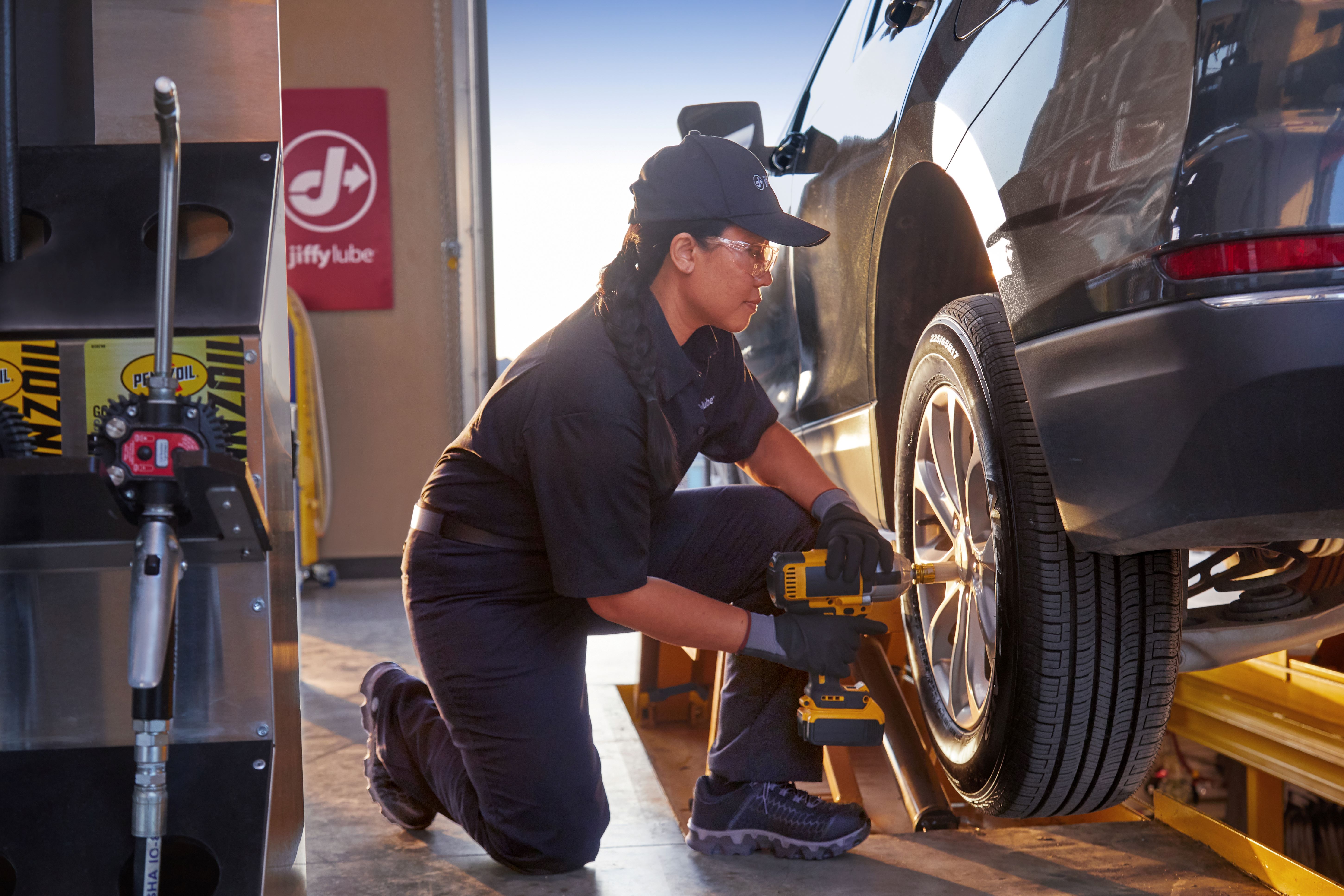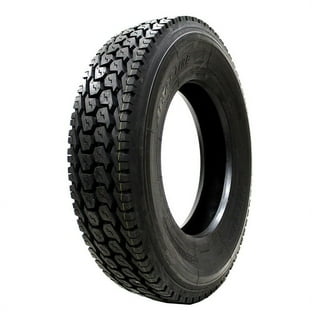Expert Morris Tire and Alignment Services: Guarantee a Smooth and Safe Drive
Wiki Article
Tire Service: The Influence of Climate Condition
When it comes to ensuring ideal efficiency and safety on the roadway, recognizing the effect of climate conditions on tire solution is essential. In this conversation, we will explore the complex partnership between climate conditions and tire service, losing light on the value of weather-specific tire maintenance techniques and considerations.Warm and Tire Efficiency
When exposed to high temperature levels, tires experience adjustments in performance that can dramatically impact automobile safety and security and handling. The heat created from prolonged driving or hot weather condition problems creates the tire rubber to soften, resulting in decreased walk life and raised wear. As the rubber becomes softer, the tire's grip when driving decreases, influencing stopping ranges and overall traction. In extreme situations, too much warmth can also create tire blowouts, posing a severe security danger to the automobile and its owners.Furthermore, heats can accelerate the procedure of tire aging, causing the rubber to weaken much more rapidly. This can result in splits, protrudes, and various other types of damage that compromise the architectural stability of the tire. To mitigate the results of warm on tire performance, chauffeurs must frequently inspect their tire pressure, revolve tires to guarantee even use, and examine for any indicators of damage. Additionally, utilizing tires particularly made to stand up to high temperature levels can help maintain optimum efficiency and safety when driving.
Cold Weather Condition Effects
Winter conditions can have a substantial influence on tire performance and security. As temperature levels drop, tire rubber can set, causing decreased traction on icy or snow-covered roadways. In winter, tires might additionally lose atmospheric pressure extra rapidly, which can impact handling and fuel performance. Additionally, chilly temperature levels can cause tire sidewalls to tense, enhancing the threat of damage from splits or other roadway dangers.
To reduce the impacts of cold weather on tires, it is essential to on a regular basis examine tire stress and inflate them to the manufacturer's suggested levels. Utilizing winter season or all-season tires developed for winter conditions can also improve grip and grasp on icy or snowy roads - mopar tire service specials. Correct tire upkeep, including regular evaluations for wear and damages, comes to be a lot more vital during cooler months to make certain ideal efficiency and safety and security
Rainy Issues Impact
During wet problems, tire efficiency and safety can be dramatically influenced by the damp roadway surface areas and decreased presence. The walk pattern of tires plays a crucial role in keeping grip on damp roadways. Tires with worn-out footsteps are much more susceptible to hydroplaning, where a layer of water constructs up in between the tire and the roadway surface, causing loss of grip. To combat this, chauffeurs need to routinely inspect their tires for appropriate walk deepness and take into consideration investing in tires particularly made for damp conditions.

Snow and Tire Safety And Security
When driving in snowy problems, having the ideal tires can make a considerable difference in security and efficiency. Wintertime tires are made with special rubber substances and step patterns to offer much better traction on snow and ice contrasted to all-season tires.Along with making use of winter season tires, it is essential to guarantee they are properly blown up. Cold weather can trigger tire stress to drop, influencing traction and handling (discount tires morris il). Regularly examining and maintaining the appropriate tire stress is vital for optimum performance in snowy conditions

Weather-Related Tire Upkeep
Weather-related tire upkeep incorporates an array of practices aimed at ensuring ideal tire feature and long life in various climate circumstances. One key element of weather-related tire upkeep is tire stress law. Examining tire tread consistently and replacing tires when walk wear gets to a specific deepness is essential for keeping grip and security in adverse weather.Conclusion
In verdict, weather condition conditions have a substantial effect on tire performance and safety (morris tire and alignment). From warm affecting tire pressure and put on to cool climate minimizing traction, it is crucial to consider the climate when keeping and using tires.In this conversation, we will certainly check out the intricate connection between climate conditions and tire solution, shedding light on the significance of weather-specific tire upkeep methods and considerations.

Report this wiki page